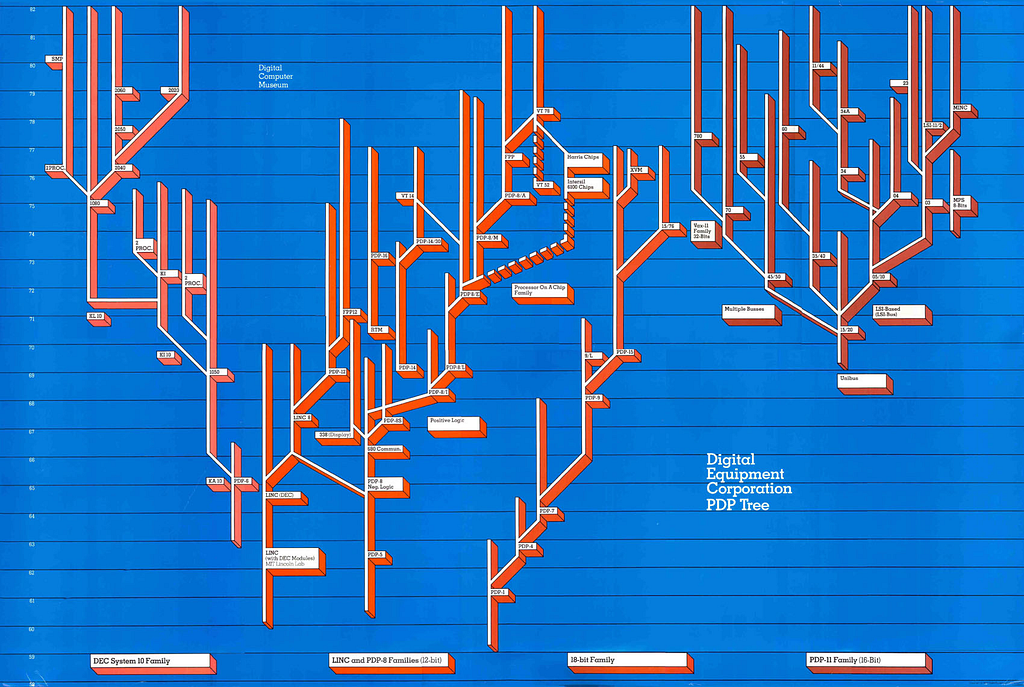Three lessons from Doteveryone’s digital leadership programme

My name’s Alex Mecklenburg, and I’m a strategist and executive coach who’s spent 20 years in the midst of digital transformation. Now I’m running Doteveryone’s work in digital leadership — exploring the skills, knowledge, and mindsets people need to help their organisations stay relevant in a digital age.
This isn’t about coding or running IT departments. It’s about learning the essentials — the terms, tools, and mindsets needed to lead in the 21st century. You don’t have to be a service designer or a scrum master to build an open, supportive, collaborative culture, or to understand the implications digital policies have on employees and customers.
We’re partnering with several organisations, including London City Hall, to run self-directed learning programmes for small groups of leaders. Together we’re identifying the essentials people need to get started, producing and testing content, and exploring the best and most effective ways to run schemes like these.
We’re taking an action learning approach for our programme — the participants of the learning sessions all come with one live project they commit to testing out in the field. As the programme develops, participants bring their challenges, reflections and learnings back into the group. Mentors and guest speakers inspire, support, and offer provocations throughout.
By getting people together to talk with each other and to learn together and from one another, we want to develop ways and means with them that allow leaders to co-create and sustain organisations that will thrive in the the digital age: open, collaborative, and responsive.
Every organisation is different, of course, and everyone’s journey to digital leadership is personal. But in the first few months of our work we’ve seen a few things come up consistently across sessions — and they’re things that have come up in my private coaching sessions as well. Interestingly, none of them are about technology directly. They’re all about feeling supported, balanced, and nurtured within an organisation: the cultural transformation that accompanies digital transformation.
“I’m not alone”: everybody is somewhere on their digital leadership journey
Leaders are expected to be ‘in the know’. And as a result, somewhere on the career ladder between a manager and a senior leader, not knowing things becomes unfashionable — and possibly even a liability.
As Doteveryone, we need to make sure our digital-leaders-in-training feel like they’re part of a culture that embraces questions. We also need to help them translate that feeling to their own organisations, building informal learning environments and mentorship relationships both within and outside their walls.
Think “nurture”, not “roll out”: there is power in harnessing change from within
Especially in the public sector, there’s a sense that innovative ideas come from outsiders (consultants, new hires, etc.) rather than from existing staff. But often, teams within organisations are already experimenting and road-testing solutions to the challenges leaders are expected to address.
We need to foster a mindset of continuous improvement and experimentation amongst our leaders, and then encourage them to do the same in their organisations — creating the space and support for their teams to try new ways of thinking and working.
All things in moderation: healthy exploration isn’t the Wild West
Some of the most passionate discussions we’ve seen are around how to get people to use the ‘right’ technology or the right “tools” in an environment that is otherwise encouraging exploration and experiments. (“Right” in this case means the technology that has been selected by the organisation.) “Experimentation” isn’t the same thing as “download and use whatever products and services you want”, but sometimes things get lost in translation.
We need to help our leaders understand why their organisations use the technology they use, and then better communicate those choices. By balancing the space for experimentation alongside the need to deliver against a common purpose, we’ll help teams better understand why one app needs to be picked over another or why a less exciting service is the best one for now.
Between now and September 2018 we’ll be facilitating more sessions and sharing our discussions, our themes, and our needs. Let us know if you’re running similar programmes at [email protected].
Three lessons from Doteveryone’s digital leadership programme was originally published in Doteveryone on Medium, where people are continuing the conversation by highlighting and responding to this story.